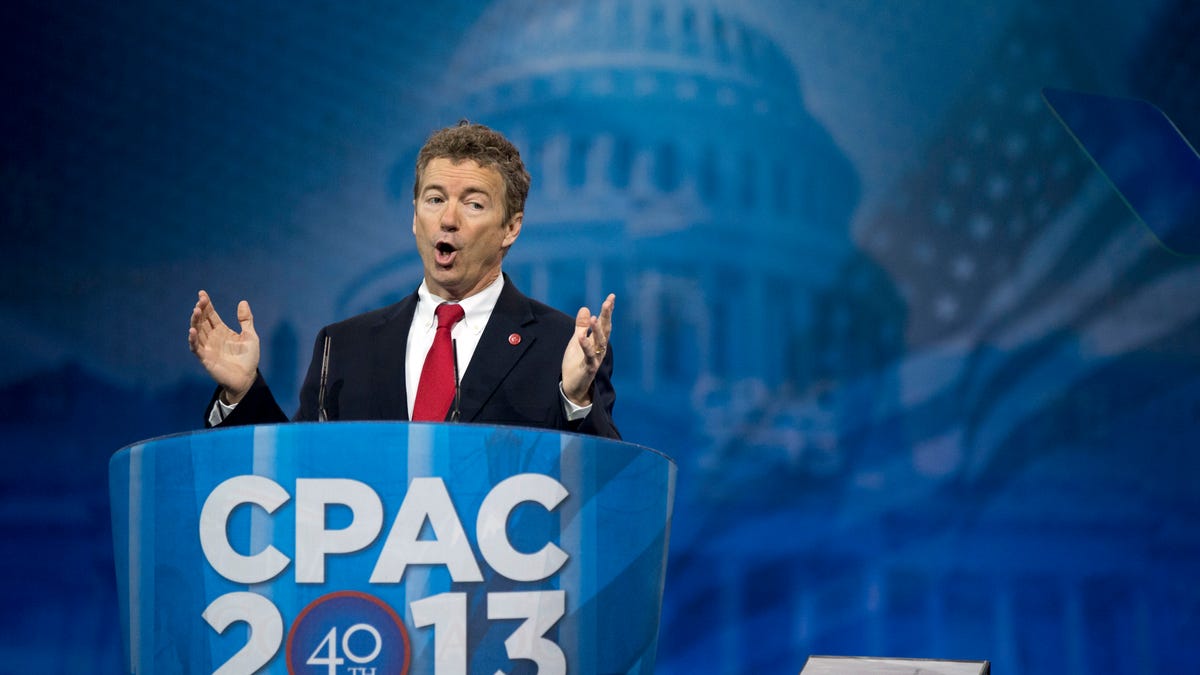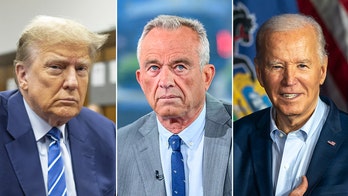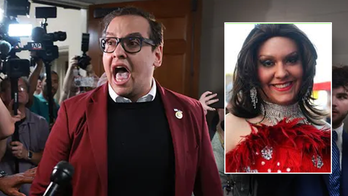
FILE: March 14, 2013: Sen. Rand Paul, R-Ky., speaks at the 40th annual Conservative Political Action Conference in National Harbor, Md. (AP)
Kentucky Republican Sen. Rand Paul won this year’s Conservative Political Action Conference 2016 presidential preference straw poll.
Paul was considered the likely favorite going into the three-day CPAC convention in suburban Washington, in large part because of his 13-hour Senate filibuster to demand more information from the Obama administration about its military drone policy. Paul won with 25 percent of the vote.
Florida Republican Sen. Marco Rubio finished second among the 23 names on the ballot, garnering 23 percent of the vote. The poll was cosponsored by The Washington Times.
The first-term senators and Tea Party favorites are considered rising stars in the conservative movement.
Rick Santorum, the former Pennsylvania senator and 2012 Republican presidential candidate, finished third with 8 percent of vote. He was followed by Gov. Chris Christie, R-N.J., who took fourth with 7 percent.
Christie and Virginia Gov. Bob McDonnell were not invited to speak at this year’s rally -- Christie in part for cozying up to President Obama to help get federal funding for Superstorm Sandy and McDonnell for supporting a state transportation bill that calls for tax increases.
Jeb Bush, another 2016 favorite, asked that his name be left off the ballot, saying it’s too early to commit.
Mitt Romney, the Republican’s 2012 presidential candidate, won last year’s CPAC poll, with Santorum in second place.
Officials said 2,930 people participated in this year’s online poll that included ballots from all 50 states.
The rest of the results were: Wisconsin Republican Rep. Paul Ryan with 6 percent; Wisconsin Republican Gov. Scott Walker with 5 percent; Dr. Ben Carson with 4 percent, Texas Republican Sen. Ted Cruz with 4 percent; Louisiana Republican Gov. Bobby Jindal with 3 percent, former Alaska Republican Gov. and vice presidential candidate Sarah Palin with 3 percent. The remaining candidates received a combined 14 percent.
Officials said 41 percents of voters were college students, suggesting a younger conservative movement. They also said libertarians were well represented in the poll -- both indications that this year’s voters identified with Paul’s concerns about the cost of overseas wars and the use of military drones on Americans on domestic soil.




